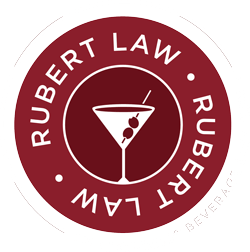Contract brewing has allowed many the opportunity for more flexible arrangements to brew beer. With contract brewing, one individual pays a brewer to brew beer on their behalf. Similarly, an alternating proprietorship arrangement allows for two or more brewers alternating use of a physical brewery.
While both options have opened doors for those wanting to enter the beer industry, it is no secret that there are many rules and regulations to comply with. One of the first concerns that might come up is who bears responsibility for obtaining the Certificate of Label Approval (COLA.)
What is the COLA?
According to the Alcohol and Tobacco Tax and Trade Bureau (TTB), the COLA “authorizes the bottling of malt beverages,” as well as distilled spirits or wine. When the COLA is required, brewers must obtain this for their product prior to bottling it, including when bottling in cans or kegs. The labels on the product must be identical to the labels on the certificate.
Who is responsible for obtaining the COLA?
Traditionally, the brewer, or the individual who bottles the beverage, bears the responsibility of obtaining the COLA. In more non-traditional arrangements, such as contract brewing or alternating proprietorship arrangements, this answer remains largely the same.
According to the TTB, in either situation, the contract brewer as well as the host brewer and tenant brewer, in an alternating proprietorship arrangement, must qualify as a brewer. These individuals are then responsible for the following items:
- Acquiring a Brewer’s Notice
- Producing the beer
- Storing and updating records as needed
- Obtaining the COLA as well as formula approval, when required
- Paying appropriate taxes
Still have questions?
If you’re just getting started, you are likely to have questions along the way regarding who bears which responsibilities for your brewing business. An alcoholic beverage law attorney can provide clarity and help you comply with applicable rules and regulations.
